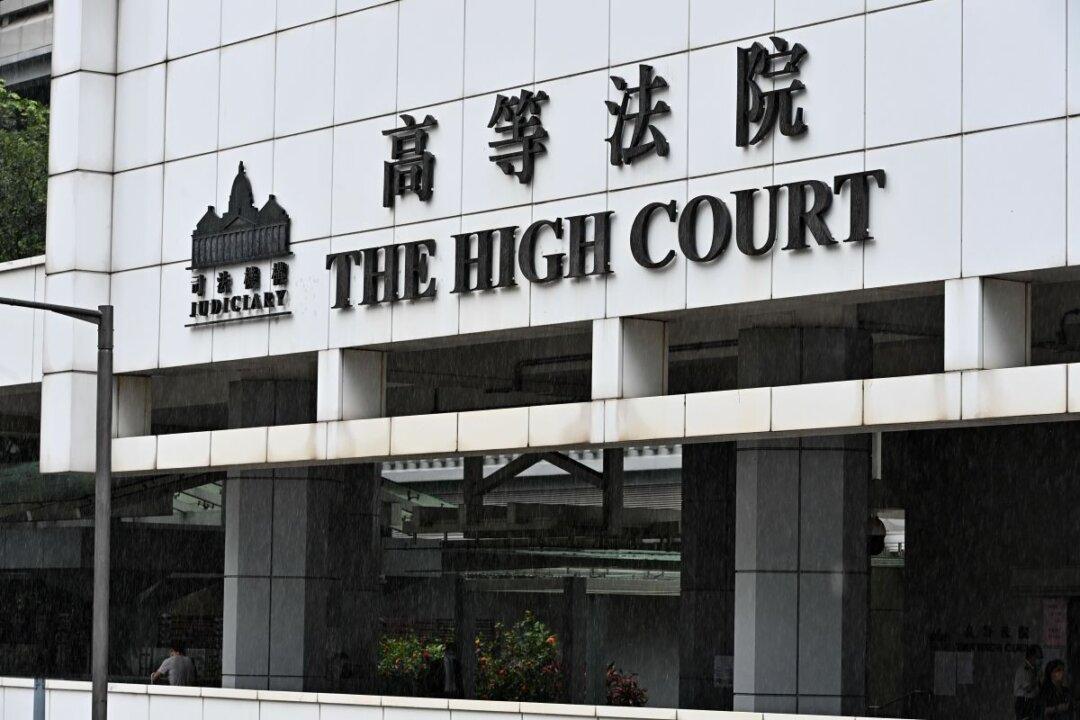A former High Court of Australia judge is preparing to be appointed to Hong Kong’s top court and preside over some of the jurisdiction’s most major cases.
The autonomous region’s chief executive John Lee Ka-Chiu accepted the recommendation to appoint Patrick Keane to the Court of Final Appeal bench on Friday.





